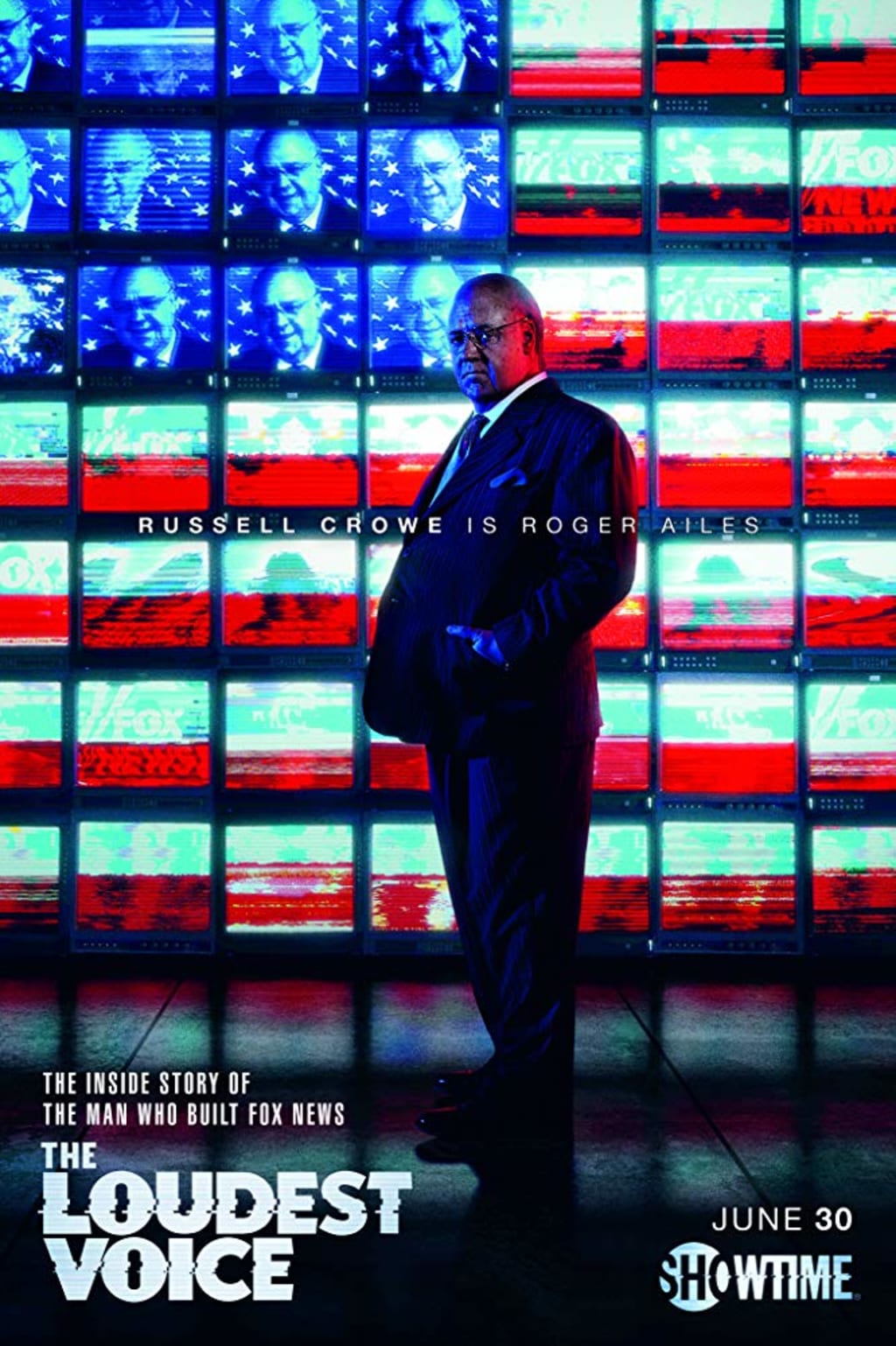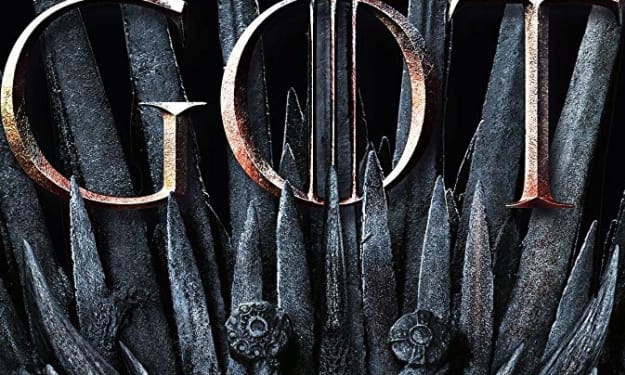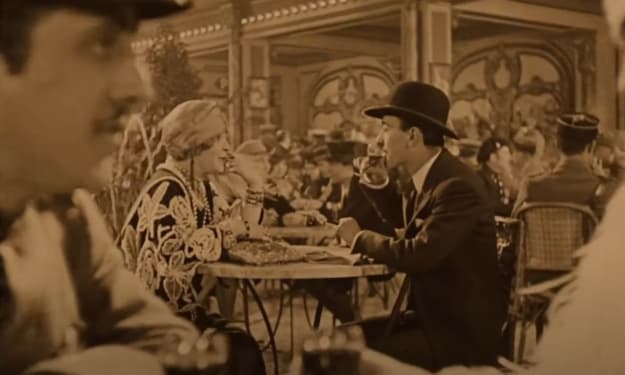Review of 'The Loudest Voice' 1.2
September 11 and After

The Loudest Voice continued to make history in its second episode, depicting September 11 and its aftermath in way that's never been done before.
That way is the reaction and the role played by Roger Ailes. As a disclaimer, I should say that I have no idea if what Ailes is depicted as saying is 100 percent true. I was on Fox Magazine for a 10-minute interview on October 20, 2001 about propaganda in wartime, but that's the closest I got to Fox News in this crucial period. Ailes is shown to be shocked by the twin towers attacks—as was every American, especially those of us living and working in New York—and then quickly turning to seeing how this could be an advantage for Fox News, and then close to calling some of the shots with Dick Cheney, and through him Bush and the White House in the subsequent attack on Iraq.
What is undeniable is that this was the period of time in which Fox surpasses CNN to first place in cable news. MSNBC was so far behind in third place that it's rarely seen or mentioned. Ailes got Fox to this commanding place by both supporting the US attack on Saddam Hussein, and to a degree making it happen. In that sense, Ailes is like William Randolph Hearst, who at the end of the 19th century leveraged the US into the Spanish-American War over Cuba with his newspaper's reporting.
That war set up America for the 20th century, just as the war in Iraq, based on the fiction that Iraq had weapons of mass destruction—a fiction promoted by Fox News—set up America for the 21st century. Given the current war of words with Iran, which grew far stronger when we crushed Iraq, we clearly are still experiencing the effects of that war in Iraq today.
If nothing else, The Loudest Voice is a vivid tableau on the media determinism of television news. But it is much more than that, and I'll be back with a report on what I see next week.
About the Creator
Paul Levinson
Novels The Silk Code & The Plot To Save Socrates; LPs Twice Upon A Rhyme & Welcome Up; nonfiction The Soft Edge & Digital McLuhan, translated into 15 languages. Best-known short story: The Chronology Protection Case; Prof, Fordham Univ.






Comments
There are no comments for this story
Be the first to respond and start the conversation.